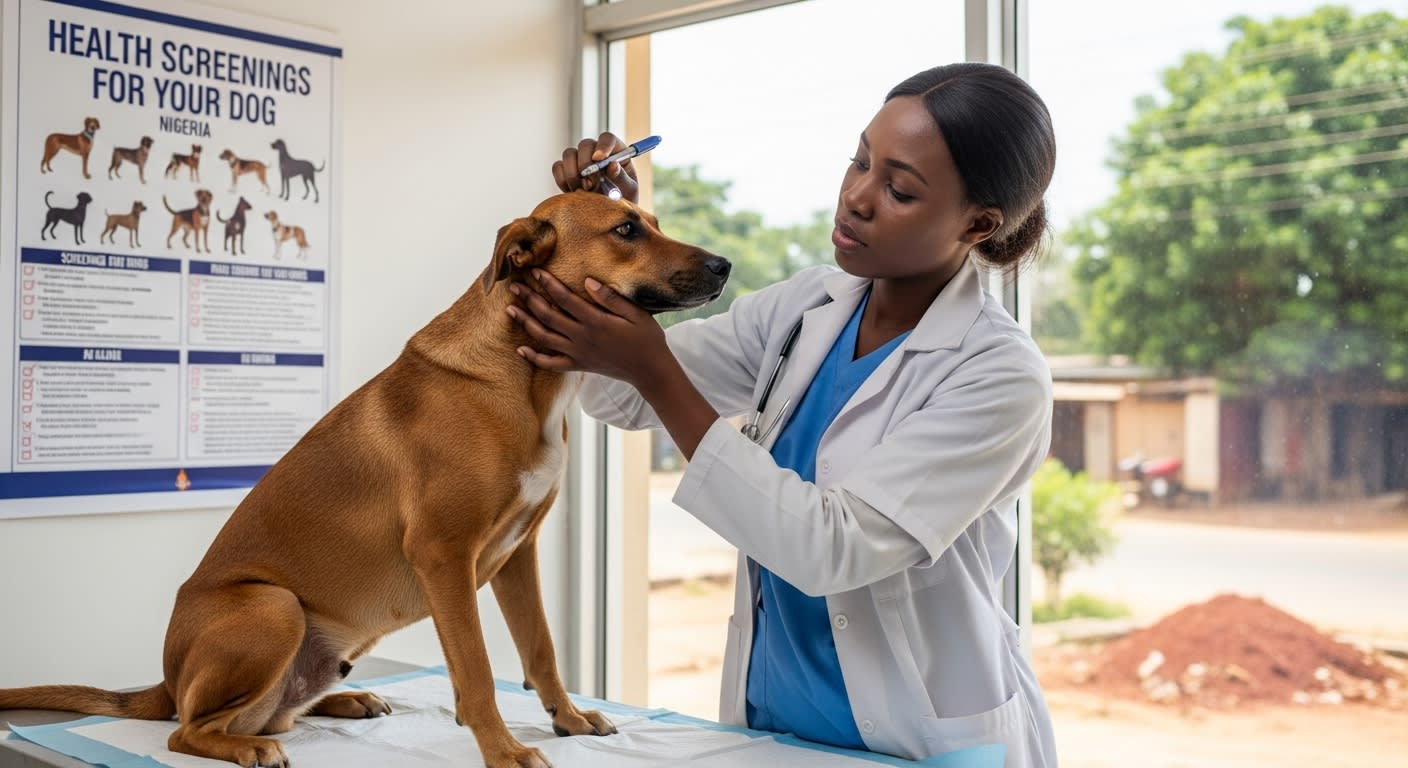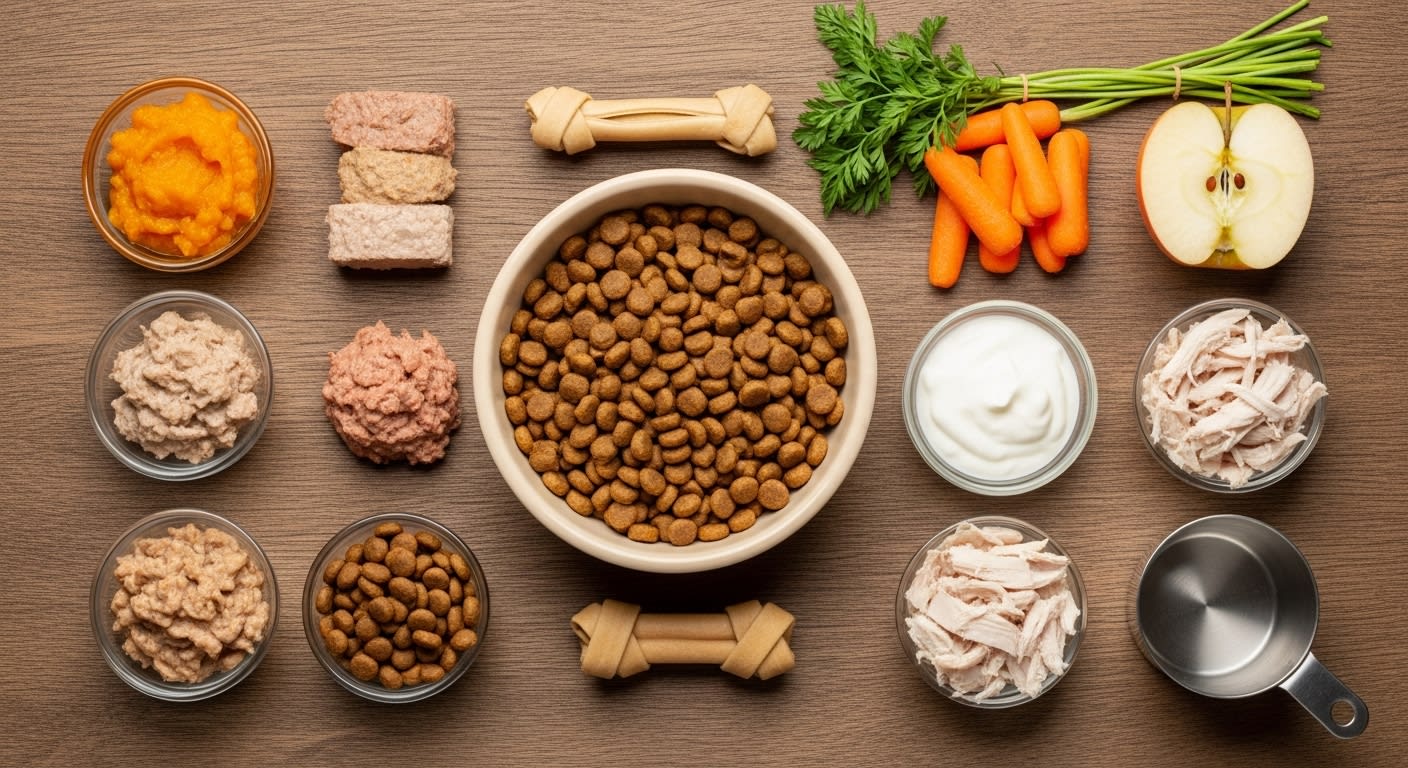Livestock
Snake Farming In Africa| A Beginner's Guide
Snake farming in Africa is gaining traction as one of the most unusual yet highly profitable agricultural ventures. Across the continent, farmers are beginning to recognize the immense potential of snakes, not as dangerous creatures, but as valuable sources of venom, leather, and even meat. With the right knowledge, equipment, and safety measures, anyone can explore this fascinating business. In this guide, Mygotovet explains how to start snake farming in Africa, its profitability, and how it can contribute to sustainable livelihoods across the region.
Snake Farming in Africa
In recent years, snake farming in Africa has emerged as a smart and profitable alternative to conventional livestock production. The reason is simple, snakes require far less space, food, and water compared to traditional animals like cattle or goats. Moreover, the global demand for snake products, including venom and skin, has grown significantly.
Venom, for example, is used in pharmaceutical industries to develop life-saving drugs and anti-venoms, while the skin is prized by luxury fashion brands. Mygotovet highlights that a single milliliter of certain snake venoms can sell for hundreds of dollars internationally, making it one of the most valuable biological materials in the world. Consequently, African farmers have an opportunity to tap into this expanding market.
RECOMMENDED:
Snake Pets In Nigeria| Breeds, Feeding, Tips, Pros And Cons
20 Best Reptiles To Keep As A Pet In Nigeria
5 Livestock Farms To Start With No Money In Africa
Why Snake Farming Is Profitable
The profitability of snake farming in Africa stems from its diverse revenue streams. Farmers can earn money through multiple channels, which include:
-
Venom Production: Venom extraction, also known as “milking,” remains the most lucrative aspect of snake farming. The venom is sold to pharmaceutical and research laboratories.
-
Skin and Leather: High-end fashion houses use snake skins to make belts, handbags, wallets, and shoes.
-
Meat Production: In some parts of Africa and Asia, snake meat is consumed as a delicacy and used in traditional medicine.
-
Pet Trade: Non-venomous species like ball pythons are exported as exotic pets, generating additional income.
According to Mygotovet’s experts, combining these revenue streams can make snake farming a stable and rewarding venture even for small-scale farmers.
Choosing the Right Snake Species for Farming
Success in snake farming in Africa largely depends on selecting the right species. Farmers should choose based on their target market and available resources.
-
For venom production, cobras and vipers are the best options.
-
For leather and skin, pythons such as the African rock python and Southern African python are ideal.
-
For the pet trade, the ball python is in high demand worldwide.
Each species requires unique housing, feeding, and temperature conditions. Therefore, consulting professionals or working with Mygotovet can help you identify the best species for your goals and climate conditions.
Setting Up Your Snake Farm
Starting a snake farm requires careful planning and strict adherence to safety standards. Snakes must be kept in secure, escape-proof enclosures. Many farmers use reinforced glass tanks, concrete pits, or steel cages. The enclosure should have proper temperature and humidity control, since snakes thrive in warm environments.
During the day, temperatures should range between 24°C and 29°C, and slightly cooler at night. Installing heat lamps, thermostats, and misting systems helps regulate these conditions. Cleanliness is also crucial. Regular cleaning prevents infections and maintains a healthy environment for breeding and venom production.
Feeding and Care
Feeding snakes is relatively straightforward but must be consistent. Most snakes eat rodents, birds, or small mammals. Larger species like pythons may require rabbits or poultry. Farmers can save costs by breeding their own feeder animals, such as mice and rats.
Snakes generally eat once every few weeks, depending on size and species. They should always have access to clean water. Mygotovet recommends developing a feeding schedule and health monitoring routine to prevent diseases like mouth rot, respiratory infections, and skin issues.
Safety Measures and Legal Requirements
While snake farming offers high returns, it also comes with risks. Farmers must prioritize safety and follow all legal regulations governing the handling of snakes. Always wear protective gear such as gloves and boots, and use snake hooks when handling venomous species.
Additionally, anti-venom must be available on-site in case of emergencies. Training is essential, especially for those who plan to extract venom. In some African countries, snake farming requires a special license or wildlife permit, so always verify your local regulations before starting.
Mygotovet emphasizes that compliance with wildlife laws not only protects farmers but also promotes ethical and sustainable practices across the reptile farming industry.
Environmental and Economic Benefits of Snake Farming in Africa
Beyond profitability, snake farming in Africa contributes to environmental sustainability. Snakes are cold-blooded, meaning they use less energy and produce fewer greenhouse gases compared to traditional livestock. They also consume pests like rodents, helping maintain ecological balance.
Moreover, farming snakes reduces reliance on wild populations, which supports biodiversity conservation. In rural areas, the practice provides a viable source of income for families facing drought and land shortages. As climate change threatens livestock production, snake farming offers a resilient, low-input alternative that can thrive in arid conditions.
Challenges of Snake Farming
Despite its potential, snake farming does present challenges. These include:
-
Limited technical knowledge among farmers
-
Difficulty in obtaining breeding stock or permits
-
Risk of injury from venomous species
-
Market access issues in remote areas
However, with the right training and partnerships, these challenges can be overcome. Organizations like Mygotovet provide consultation, veterinary care, and professional guidance to help new snake farmers succeed safely and sustainably.
Why You Should Start Snake Farming
Snake farming in Africa offers an exciting opportunity for entrepreneurs seeking alternative income sources. It combines sustainability, profitability, and innovation, three pillars of modern agribusiness. From venom production to pet export, every aspect of snake farming can generate substantial revenue with relatively low operating costs.
If you’re ready to explore this unique and growing industry, now is the perfect time to get started. Connect with Mygotovet experts today for advice, professional veterinary support, and step-by-step guidance to help you build a thriving, safe, and profitable snake farming business.
Frequently Asked Questions on Snake Farming in Africa
1. Is snake farming legal in Africa?
Yes, snake farming in Africa is legal in several countries, but it is regulated under wildlife and environmental protection laws. Farmers must obtain permits or licenses from relevant authorities before breeding, trading, or extracting venom. Regulations differ by country, so always check with your local wildlife department before starting.
2. How profitable is snake farming in Africa?
Snake farming in Africa can be highly profitable due to multiple revenue streams such as venom production, skin and leather sales, meat supply, and the exotic pet trade. Venom alone can sell for hundreds of dollars per milliliter, while python skins are valuable to the fashion industry. However, success depends on proper management, safety, and legal compliance.
3. What are the best snake species to farm in Africa?
The best species for snake farming in Africa depend on your business goal. For venom, cobras and vipers are ideal. For leather, African rock pythons and Southern African pythons are most valuable. For the pet trade, ball pythons are globally popular. Always ensure the species you choose is legal to breed in your region.
4. How much does it cost to start a snake farm in Africa?
Starting snake farming in Africa typically requires an initial investment ranging from $1,000 to $5,000, depending on the species, enclosure setup, and equipment. Costs cover breeding stock, housing, feeding, safety gear, and permits. Beginners can start small and expand as their knowledge and profits grow.
5. What do snakes eat on a farm?
Farmed snakes mainly eat small animals such as rodents, chicks, and occasionally small birds. Larger snakes like pythons may consume rabbits or poultry. Feeding frequency varies from once every two to four weeks. Many farmers reduce costs by breeding their own feeder animals on-site.
6. How do you extract snake venom safely?
Venom extraction, or “milking,” should only be done by trained professionals. The process involves gently pressing a snake’s fangs against a sterile surface to collect venom. Protective gear, proper handling tools, and medical support (including anti-venom) are essential. Safety and hygiene are top priorities in snake farming in Africa.
7. Can snake farming help the environment?
Yes, snake farming in Africa supports sustainability by reducing pressure on wild populations and conserving biodiversity. Snakes require minimal resources compared to traditional livestock, making the practice eco-friendly. They also help control rodent populations, contributing to ecological balance and food security.
8. What are the main risks in snake farming?
The main risks include snake bites, disease outbreaks, and financial loss from poor management. Venomous species pose safety hazards, while improper care can lead to high mortality rates. However, with proper training, secure enclosures, and veterinary support from organizations like Mygotovet, these risks can be effectively managed.
9. Where can I sell snake products in Africa?
Snake farmers can sell products such as venom, skins, and meat to pharmaceutical companies, tanneries, and research institutes. Export opportunities also exist for the exotic pet trade. Building partnerships with certified buyers through verified networks ensures legal and profitable transactions.
10. How do I get training for snake farming in Africa?
Training for snake farming in Africa can be obtained through agricultural extension programs, wildlife institutes, or specialized organizations like Mygotovet, which provides education on handling, breeding, and farm management. Beginners are encouraged to undergo hands-on training before managing venomous species independently.
Animal Health & Blogs

04 December 2025
0 likesFinding a veterinarian in Africa can be challenging, especially when finances, distance, busy schedules, or emergen ...
Read More
25 November 2025
0 likesKeeping your dog healthy requires more than love, food, and grooming; it requires understand ...
Read More
25 November 2025
0 likesWelcoming a new puppy into your home is exciting, but it also comes with important decisions ...
Read More